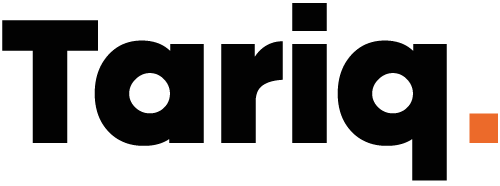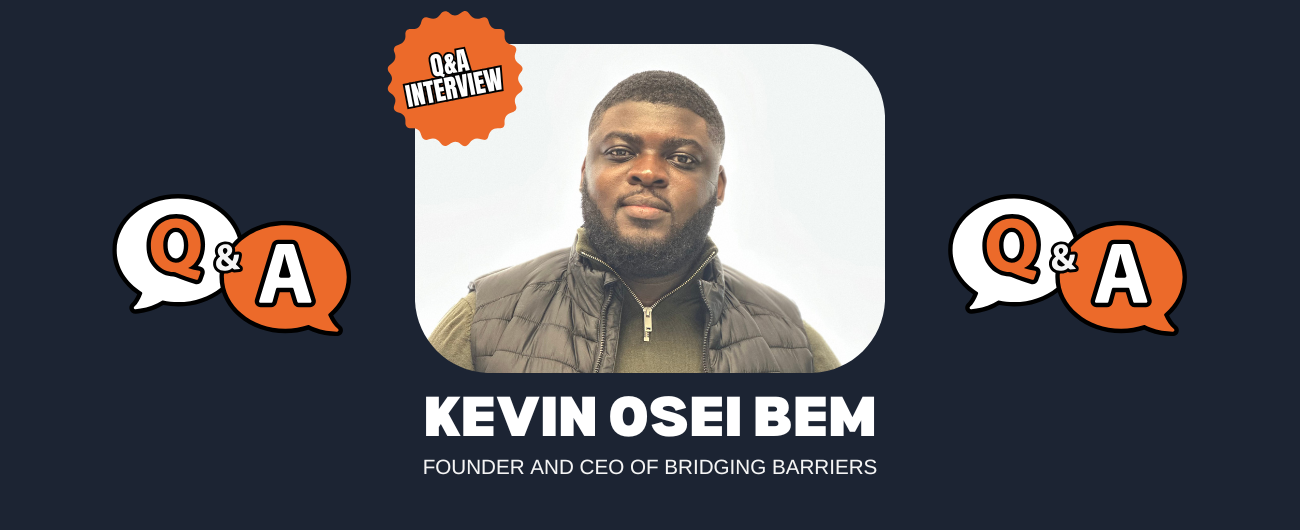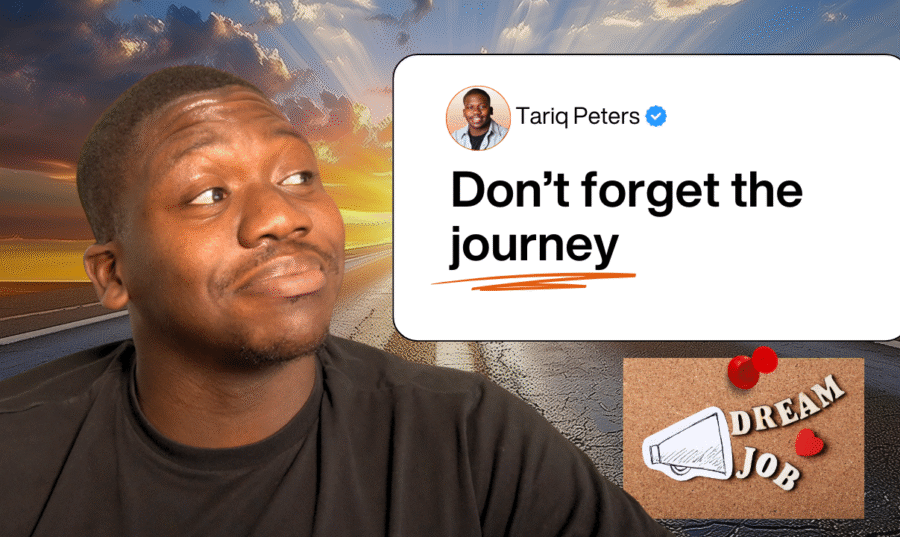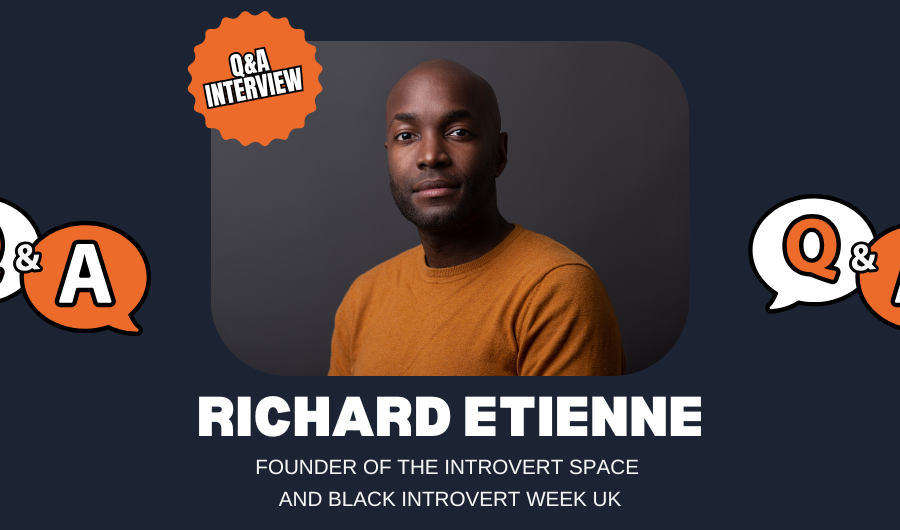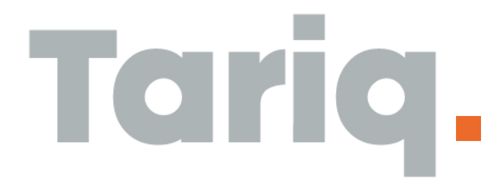In a world where access often determines opportunity, Kevin Osei is on a mission to level the playing field. As the founder and CEO of Bridging Barriers, a charity dedicated to empowering young people from underrepresented backgrounds.
With over 2,000 young people supported and counting, his work tackles some of the most pressing challenges facing today’s youth: lack of networks, limited access to employers and the hidden rules of career success.
From growing up in East London to being awarded the British Empire Medal, Kevin’s journey is a masterclass in purpose-led leadership. In this interview, he shares the moments that shaped his mission, the mindset behind his success and why personal branding, discipline and faith are just as critical as any CV or cover letter.
Whether you’re building a charity, mentoring the next generation or navigating your own career path, Kevin’s story is a timely reminder of what’s possible when we invest in people, not just potential.
“The cost of success is sometimes embarrassment. But once you push past that, the opportunities are on the other side.”
Can you tell us a bit about your background and what inspired you to launch Bridging Barriers?
Absolutely. I’m Kevin, founder of Bridging Barriers, a charity supporting young people aged 16 to 25 from underrepresented backgrounds to become work-ready and achieve long-term career success. We’ve been running for nearly five years now and have supported over 2,000 young people, helping hundreds secure employment, become work-ready and build careers with confidence.
I grew up in Newham, East London, one of the most deprived boroughs in the capital. Despite the challenges, there’s no shortage of talent there. What’s often missing is the support system to help young people realise their talent and potential.
That reality hit home when I was 14. A friend of mine who was an incredibly talented footballer ended up taking someone’s life over a phone for money. It was a wake-up call. I began to notice how, every year, stories like that would happen, talented young people being failed by a lack of positive support systems, role models and guidance.
I was privileged enough to grow up in a loving home and didn’t have to go through some of the challenges that my peers did. Even though we faced similar financial challenges growing up in a low-income household, that foundation made a huge difference, and I always knew I wanted to do something that would give others the same kind of support.
When I got to university, I aimed for a career in financial services. I applied to every spring week and internship I could find and got rejected from all of them. The worst part? Most employers didn’t give feedback. I had no idea what I was doing wrong.
Everything changed when I got a mentor through a program similar to what I run today. They helped me understand how to navigate the job market, from CVs to interviews, and I landed an internship. That became the turning point.
I launched Bridging Barriers in 2020 during the pandemic. I had friends graduating without job offers, and I’d already experienced the power of mentoring. I figured if I kept waiting for the “right time”, I might never start. So I did and here we are.
Join the £1M Visibility Blueprint
Weekly insights from my £1M personal brand journey. Strategy, visibility systems and earned media plays you can use now.
You’ve set an ambitious goal of reaching 1 million young people. What are the biggest challenges they face, and how does Bridging Barriers help overcome them?
There are three major challenges we see:
Lack of networks
Many of the young people we work with don’t know professionals in the fields they’re interested in. Around 80% of jobs are never advertised; they’re filled through referrals. Without access to networks, you’re locked out of those opportunities.
We tackle this by matching every participant with a mentor, someone who’s walked the path they want to walk. That representation does wonders for their confidence.
Lack of resources
Basic things like CV support, mock interviews or even understanding how recruitment works, a lot of young people don’t have access to that guidance. Our mentors help them build those skills and improve their employability.
Lack of employer access
For many, they’ve never stepped foot into an office or even had a chance to speak with an employer. Every month, we host insight days with employers so they can engage directly with teams, learn about different roles and take part in workshops. It’s all about making the world of work feel real and reachable.
What’s one of the biggest misconceptions employers have about diverse work-ready talent?
One of the most damaging misconceptions is that grades alone determine potential and career success.
When I was a student, I tried to access other career support programmes, but many had entry requirements. You needed A*s or A-Levels to get in. I had BCC, so I didn’t qualify. That made me feel like I wasn’t good enough which I knew wasn’t true.
At Bridging Barriers, we don’t exclude based on grades. We’ve had participants who didn’t go to university go on to land top city jobs. It’s about mindset, resilience, grit and willingness to learn. Those traits are far more valuable than just academic results.
“I made some bold decisions, like going full-time with no funding or safety net, just after finishing an internship. But I knew it was what I was called to do.”
You’ve spoken openly about rejections and setbacks. What keeps you going and what advice would you give to others navigating similar challenges?
Honestly, I don’t like the word motivation. It’s temporary. Discipline is what matters, showing up even when you don’t feel like it. And for me, discipline is rooted in knowing my why.
I’m reminded daily of the demand for what we do. There are nearly 1 million young people in the UK not in education, employment or training. That’s a staggering number. It pushes me to keep going.
The data shows that there are way more people out there who need our support and we want to do more, but we just haven’t got the capacity. So I guess one thing that drives me is knowing that there’s a huge demand and I have evidence of it. There’s a saying that confidence comes from evidence and that’s so true.
If you’re struggling, take time to find your why. Ask yourself why you want that job, that opportunity, that change. And don’t be afraid of vulnerability. I’m very open on LinkedIn about the challenges I face because it’s important to show both sides of the journey. Not just the wins
I see it as a duty of care and responsibility to be transparent about the challenges I face on my journey to building the charity and I’m taking people on a journey. I think people appreciate seeing both sides.
Reflecting on five years of Bridging Barriers, what’s been your biggest lesson?
There are two.
One is faith. I’m a Christian, and my faith has been my anchor. I made some bold decisions, like going full-time with no funding or safety net, just after finishing an internship. But I knew it was what I was called to do. And that leap of faith accelerated our growth.
The second is self-belief. If you don’t back yourself, no one else will. There will be setbacks. You’ll question yourself. But that deep conviction in your purpose is what sustains you.
You were recently awarded the British Empire Medal. What did that recognition mean for you?
Professionally, it’s a credibility booster. It’s helped open more doors with funders, partners and stakeholders. So in that sense, I’m grateful.
But personally? I don’t place much weight on awards. I don’t want anything to feed pride or complacency. Pride comes before the fall and comfort breeds stagnation. There’s so much more to do and I want to stay focused on the mission.
What’s been the biggest challenge of running a charity and what’s your advice for others building something similar?
The biggest challenge? Building relationships from scratch.
Your network is your net worth. We started with nothing, just an idea. I had to go out and connect with professionals to find mentors, partners and supporters. And I didn’t come from a privileged background. I didn’t work in corporate first. I’m building the network as I build the organisation and that’s not easy.
But I love a challenge. My advice? Prioritise relationship-building. It’s the foundation of everything.
“There’s a saying that confidence comes from evidence and that’s so true.”
For young people who find networking difficult, what tips would you share?
I recommend two things:
Prepare before events. Come with a few conversation starters, even 3 to 5 questions you can ask anyone. That helps ease the nerves.
Find common ground. If you’re at the same event, you already have something in common. Use that as an entry point to spark a connection.
I’m currently reading How to Win Friends and Influence People. It’s full of timeless insights. But the biggest one is this: success comes when opportunity meets preparation. So prepare well, it’ll help you show up with confidence.
Do you take time to reflect on everything you’ve built?
Not as much as I should. Part of that is time but it’s also intentional. I don’t ever want to feel like I’ve “made it.” There’s too much work to do.
That said, I’ve become more focused on work-life balance. I now take the first or last three working days of the month off, and I do a quarterly retreat to rest and reflect. But even then, I don’t dwell on the success. I’m grateful, but the mission is far from finished.
“We’ve had participants who didn’t go to university go on to land top city jobs. It’s about mindset, resilience, grit and willingness to learn.”
Looking ahead, what’s next for you and Bridging Barriers?
We’re building a new digital platform called Career Compass set to launch in September 2026. It will give young people access to:
- CV and cover letter templates
- Interview tips and prep
- Mentor-written blogs
- Job boards and employer listings
- Event listings and webinars
Right now, we turn away hundreds of people every year because of limited capacity. This platform will be a game changer, a self-serve hub to help us reach far more young people. Our aim is to go from supporting 400 people a year to over 1,000.
We’re at the MVP stage with support from a tech partner. Now we’re preparing the content and infrastructure to scale it. Once it’s live, we’ll go big on marketing to extend our reach and our impact.
Lastly, what role do you think personal branding plays in a young person’s career journey today?
It’s really important.
The job market is brutal, so you need a unique selling point. Your personal brand is how you stand out. But people need to understand: building a brand can be uncomfortable at first. You’ll worry about what others think. You might feel awkward. But that discomfort is where growth begins.
If you want to get into marketing, for example, use LinkedIn. Share your ideas. Create mock campaigns. Build a portfolio. When employers see that, it sets you apart.
The cost of success is sometimes embarrassment. But once you push past that, the opportunities are on the other side.
